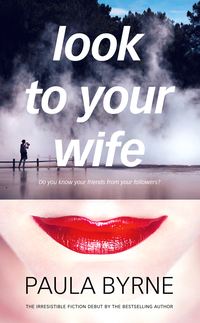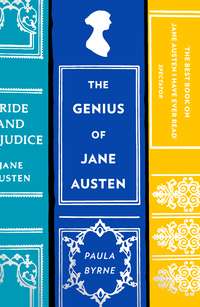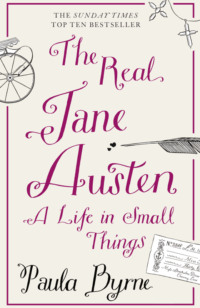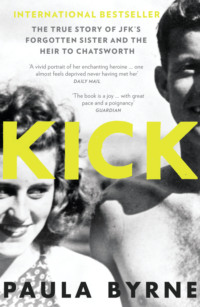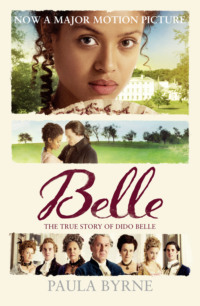Mad World: Evelyn Waugh and the Secrets of Brideshead
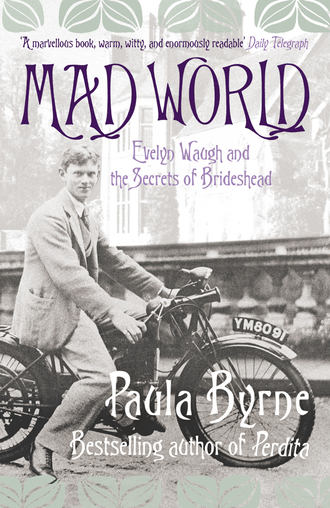
Полная версия
Mad World: Evelyn Waugh and the Secrets of Brideshead
Язык: Английский
Год издания: 2019
Добавлена:
Настройки чтения
Размер шрифта
Высота строк
Поля
Конец ознакомительного фрагмента
Купить и скачать всю книгу

